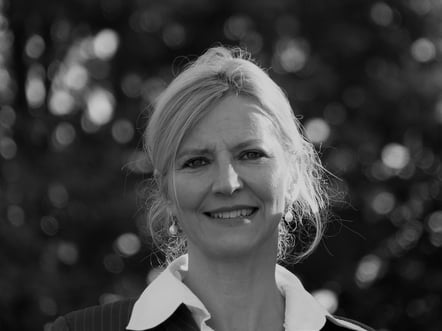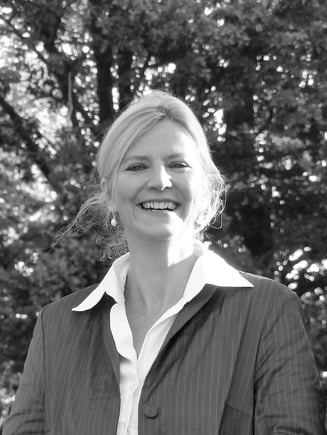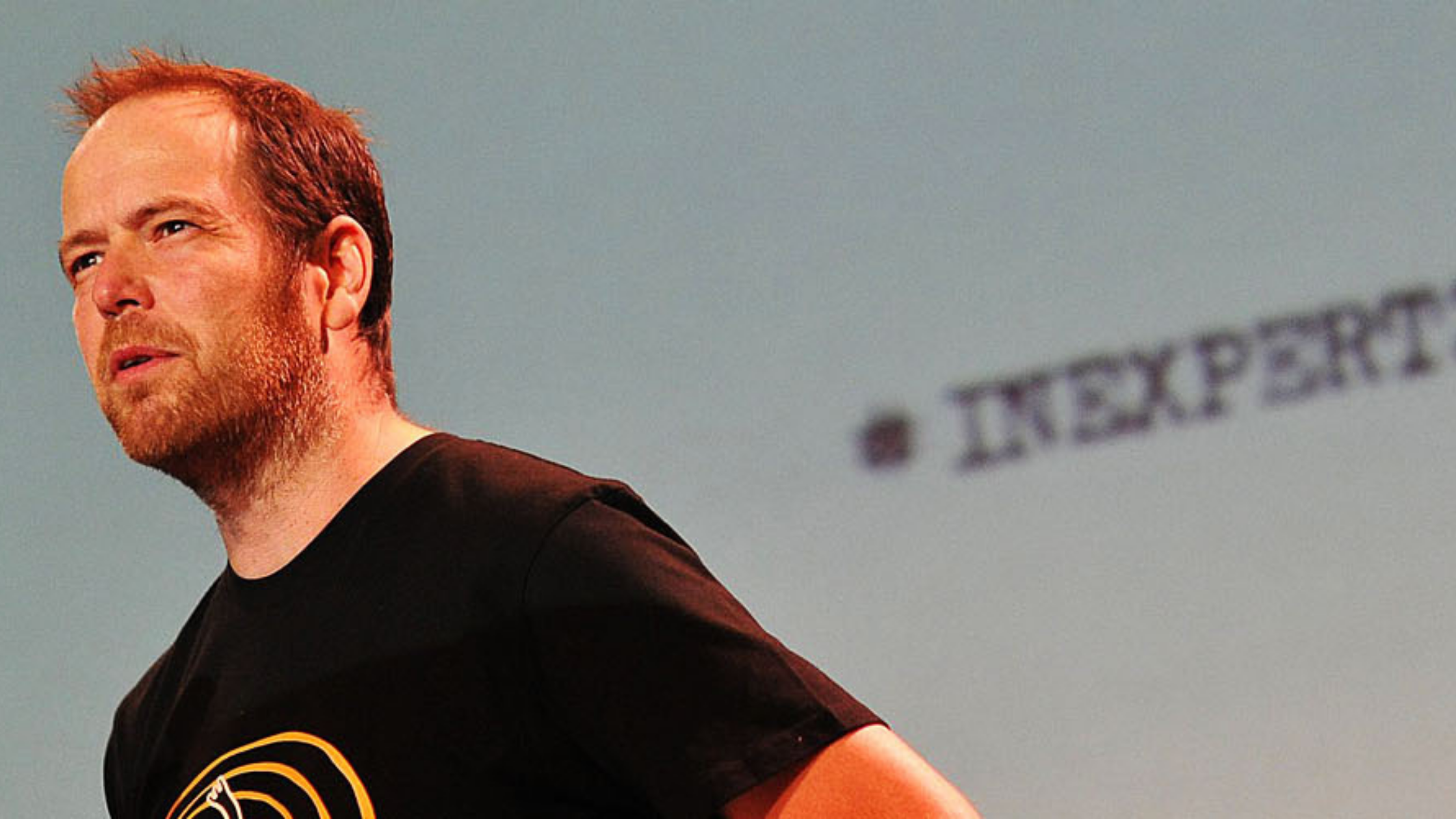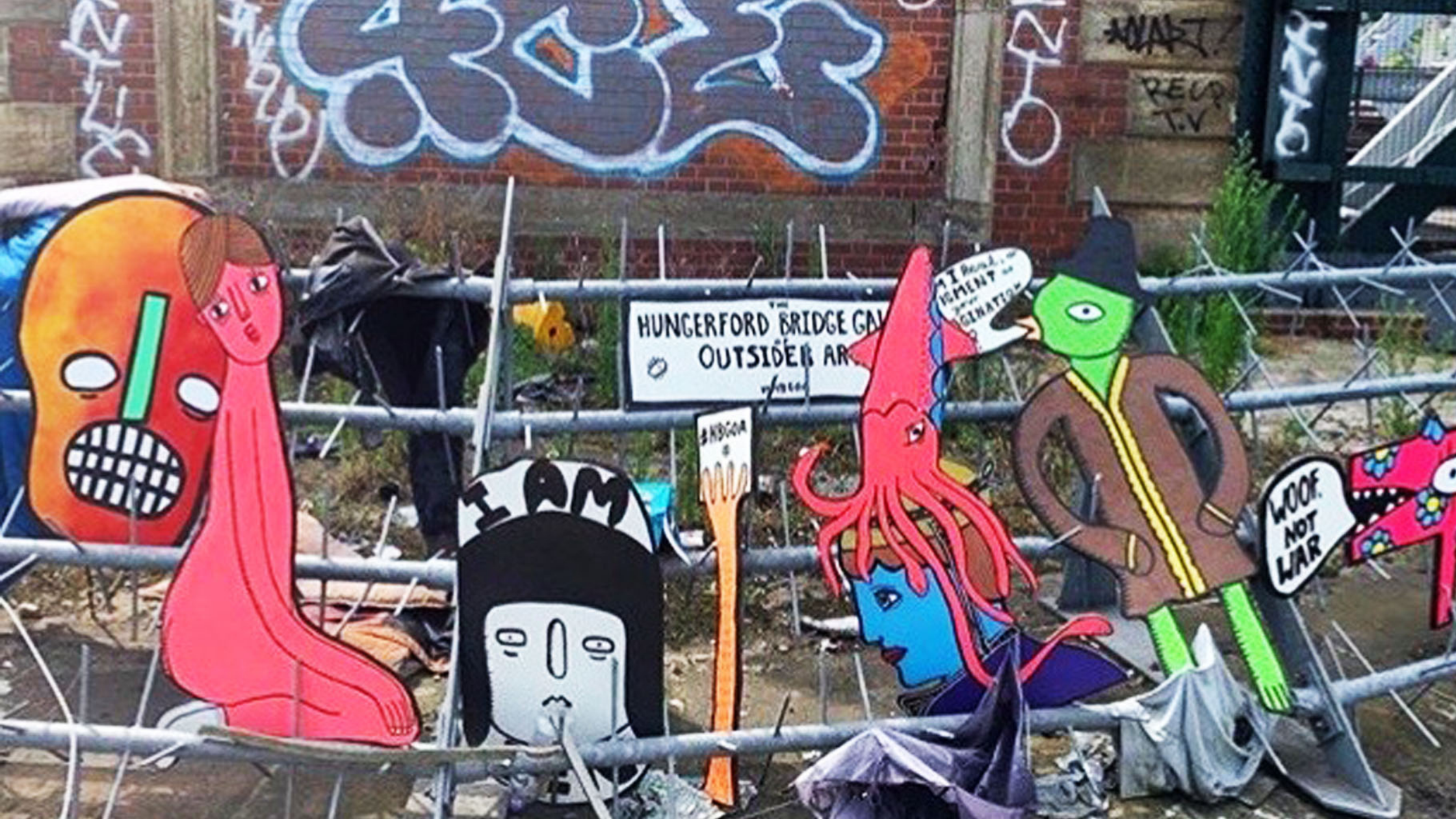A conversation with Anne Caspari
A conversation with Anne Caspari
 Anne is a specialist in transformative processes and change, for both personal and leadership development. With a MSc/MPhil in Ecology and Environmental Development from Hannover University, Germany, she draws on three decades of experience with complex systems, adaptive pushback and obstacles to self-organisation. This knowledge, combined with more than 18 years of work on adult development (developmental coaching) and transformation gives her a unique edge. She works with teams and groups to tap into what is actually happening, uncovering obstacles and pushback in the business ecology and setting free team intelligence and alignment.
Anne is a specialist in transformative processes and change, for both personal and leadership development. With a MSc/MPhil in Ecology and Environmental Development from Hannover University, Germany, she draws on three decades of experience with complex systems, adaptive pushback and obstacles to self-organisation. This knowledge, combined with more than 18 years of work on adult development (developmental coaching) and transformation gives her a unique edge. She works with teams and groups to tap into what is actually happening, uncovering obstacles and pushback in the business ecology and setting free team intelligence and alignment.
Jo: I would love to get an idea of what your focus is on at the moment.
Anne: We are focusing on both personal transformation and organisational change. And on the interfaces between both.
Jo: My partner, particularly in the job he had previously, would tell me about problems with his team or management. And he would say, “I could move jobs, but maybe I would experience the same things.”
Anne: Exactly, we would call that a pattern. In 2000 when I worked as a landscape architect, environmental planner in Rome, something happened at work that triggered me. I was really pissed off both with myself, the situation and the rest of the world because I knew that situation so well. I lived and worked in Germany, the UK and now in a completely different environment and the same identical things would pop up. The constellation in this case was me being overqualified and underpaid. Subconsciously, I was inviting people to treat me in a certain way without me noticing and I was really angry. The pattern had me and I couldn't see it.
So, if that's a recurring situation and your partner doesn’t look at the patterns here, he will carry those to different jobs, and something similar will turn up. In Robert Kegan's terms, this would be that you're ‘Subject’ to it, where the pattern runs you and you’re not aware of it. So, in my case, somebody coached me in a little exercise and I experienced a shift away from “They don’t see me, they don’t treat me right, I can’t communicate, I am not paid enough,” which was all clustered around a victim identity. This pattern no longer `had' me. I had my choice back.
Once you have identified your pattern, it no longer `has' you and you have a choice about whether to be run by it. I could be the victim but I could also decide I would show up as the professional that I was. I would talk and behave differently. I had to be ready and willing to renounce all of the benefits of being a victim; complaining and hiding. What happened to me was a real shock - a rare ‘very aware’ moment. I could see all the other areas where I was run by a similar pattern. I sure as hell wanted to change that. I decided I wanted to learn more about running my own mind. .
For me, that shift away from a previously held pattern or position, that's the key to anything, whether that is personal transformation or vertical leadership development or cultural change. It takes courage, willingness and a vulnerability to let it surface, experience it and take responsibility.
So that is the work we do here, which is pretty precious. Sometimes I get triggered by how people talk about change as if it is simple. Some applications of change theory say "Just get rid of the fear and judgment and then at step five find deeper meaning and purpose and then you change." [laughter] Change doesn’t follow recipes. People have real fears which can hurt like hell, whilst often these patterns have been rehearsed since childhood.
With some patterns it’s even more tricky. They are not only automatic, fast, and hidden, but also protected from insight and logic. Robert Kegan calls this “Immunity to Change”. You might have patterns showing up that were actually positive for you in your meaning-making process as a child. For example, you can connect being ill with being seen by your mother when you most needed it. So being ill becomes something really positive that kind of saved your life in that context. Now as a grown up, that programming is still there. You go to all the fancy therapies and nothing helps because that programme is protected by the immune system response which says, ``This is existentially important, don't touch it”. You need to understand the nature of that `mapping error' to find it, integrate it and then re-calibrate that connection and propose a different mapping.
If you can face your demons, face your whole resistance and then come up at the other end with more of a wholeness and integration, this means being integral or “in integrity”: whole again, not leaving anything out, not projecting on others.
Change leadership, whether in the organisational, climate or environmental context needs to get this. As a leader you’d better be intimately familiar with your own change process and have faced your shit, otherwise you won’t walk your talk, nor have compassion for other people stuck in a pattern or (cultural) habit. And heads up: you can be highly intelligent but your shadows will have the same intelligence, so awareness is needed.
We also work with change processes in companies. That is tricky in other ways. What normally happens in organisations is that the top is not connected to what is really happening in the company. If they want their people to change or adapt, they go about it the wrong way. They often run values training and everybody knows how to parrot back the values that the top want to hear, such as ‘authenticity’ or ‘integrity’ and it’s like “yeah, right” [laughter]. But I can listen to what bothers people and their stories, what they tell their partners or at the coffee machine. It might be frustration or their ideas not being listened to.
These stories, incidents and anecdotes tell me something about how the company is doing at the moment. Are there clusters, weak signals, trends? What are people talking about now and what could be the next step for them? What can we do to have more cool stories and less bad ones? You can work with these micro-shifts without anybody having to do vertical leadership, values or mindfulness training. People are not stupid, they know how to do their job and what is going on in their organisations. They have ideas about what could work better. You can tap into that intelligence with what is called sense-making.
When leaders look at the outcome they say “Oh my God, we had no idea this was going on in our own company.” Of course, you want to help them deal with the uncertainty and the complexity of it, so there is also a place for leadership development. It fascinates me to work like that, shifting people into paying attention. There is awareness created about “Oh, we’re doing this as a collective? What can we do to really shift?”
 At the end, there is no such thing as culture. Organisational culture can be seen as the sum total of all daily behaviours, encounters and action between people in their day to day work. A client might complain that they want a very specific culture shift. But it doesn’t work like that. We are looking at the little shifts, for example how you talk differently in the team, greet each other at the water cooler or the little ways a leader shows up and asks for your opinion. This shifts slowly and most of the time it is visible only in hindsight. It is the big delusion for the ego of a change maker [laughter] because you can’t really do the big change thing.
At the end, there is no such thing as culture. Organisational culture can be seen as the sum total of all daily behaviours, encounters and action between people in their day to day work. A client might complain that they want a very specific culture shift. But it doesn’t work like that. We are looking at the little shifts, for example how you talk differently in the team, greet each other at the water cooler or the little ways a leader shows up and asks for your opinion. This shifts slowly and most of the time it is visible only in hindsight. It is the big delusion for the ego of a change maker [laughter] because you can’t really do the big change thing.
Jo: I am also really interested in the women in leadership programme you run. I am a bit torn by the idea you’re talking about, that if you work on your own patterns you can break them. But also I think due to different structural inequalities you can’t put everything down to an individual’s responsibility.
Anne: There is of course a collective consciousness and the structure of society and facts we have to deal with. If you look individually, a lot of women have limiting beliefs which you might have learnt as a kid. Women’s liberation as we know it today is only 50 years old. I had a working mother, which I’m grateful for, and still she had a lot of these belief patterns in herself that she had to be a perfect mother and professional. I copied some of her belief patterns and had to actively get rid of them.
When you are ‘Subject’ to something you identify with, it's completely normal, you don’t see it or question it. Like you don't get up in the morning to test if gravity is still there, you don't get up in the morning to test if you're suddenly good enough. It is a given that you are not good enough and you built your world around this until you get challenged. My friend is managing director in a London bank and she says when most women come in for job interviews and she asks them about their shortcomings, they actually start selling themselves short, which doesn’t happen with the male applicants. Women tend to put their qualities down. Patterns of collective consciousness still support that, and it depends on the culture and structures whether it is more integrated and resolved or not.
The course I am currently running, I also ran with people from the UN. They asked me to conceive a similar course for women leaders. At first I was reluctant because I don’t like quotas and trainings for women only. I myself would not go to a women’s leadership course, I would go to the top leadership course. I feel a women’s leadership course is patronising, as it won’t be as advanced or as cool. I agreed to do a top notch leadership course and make it for women only. We had men on our waiting list.
We ran the programme at the UN for two years, not just in the UN, but the whole wider UN networks, such as national military organisations, OSCE, Europol and similar. There were fantastic leaders in there, doing jobs I would never dream of signing up for. A doctor for rape victims in Damascus or guarding the border in Afghanistan or working for child soldier organisations. I was totally impressed with who was in the room. We worked with them on adaptive leadership. They don’t typically receive this type of training, they only get technical training. But when they are promoted to director level they need different skills than the technical skills as doctors, lawyers etc, that got them promoted. We were mostly looking at their reactive, limiting and self-sabotaging patterns. They were quite stunned what they found - and had a lot of fun.
Jo: It sounds amazing. What's something that you find challenging with your work?
Anne: We have a little marketing problem. You can’t really describe our work nicely on a website. “Come to where your shadow is, face what you don’t want to face, it will be fun and liberating but you need to own your shit.” [laughter] There’s not a lot of people signing up for this. Today, the world offers more distractions from the real issues that you want to avoid than ever before. More excuses, including most of the change theories, “We are value-driven, purpose-driven business”. That is the bullshit that Matthew Rich-Tolsma was talking about. If you scratch on the surface of most, the depth isn’t there, not facing your real issues and becoming authentic to yourself; and yes, authentic is also overused as a buzzword!
If we describe the work we do - as soon as I write it down it becomes either trivial or “woo-woo”, I am not sure which is worse. There is a whole community of pseudo-spirituality. I wouldn’t say it is a huge problem but something I have been seeing over the years. Real change work is not popular.
Jo: What would be your advice to someone reading who might not be able to go onto a programme but wants to gain more awareness around their patterns?
Anne: You can get coaching and you might find the deep patterns that you might have been sitting on. It would happen on two levels, you would get insight into an area that you have been struggling with, this could be money, a relationship, a job. On a different level you also realise something about how you operate your ‘Self’ unconsciously and how you have been hiding from facing something you consider painful or too good. You can see the pattern being resolved - the ‘Subject-Object move’ that Kegan talks about. That’s the crack, that is how the light gets in. Follow your frustration about some of the patterns you’ve been running into. Follow your curiosity about what is there and what else is possible.
Truth of the matter is that you really need to experience it and you need to be guided to a place where you get over your own resistance. This comes with an “oh shit” or “how funny” or “how awful” moment. Normally you don’t get there by reading a book.
Learn more about Anne Caspari by clicking here.
.png?width=120&height=120&name=RISE%20Logo%20(7).png)
%20(1).png?width=133&height=133&name=Compass%20Coasters%20(87%20x%2087%20cm)%20(1).png)


